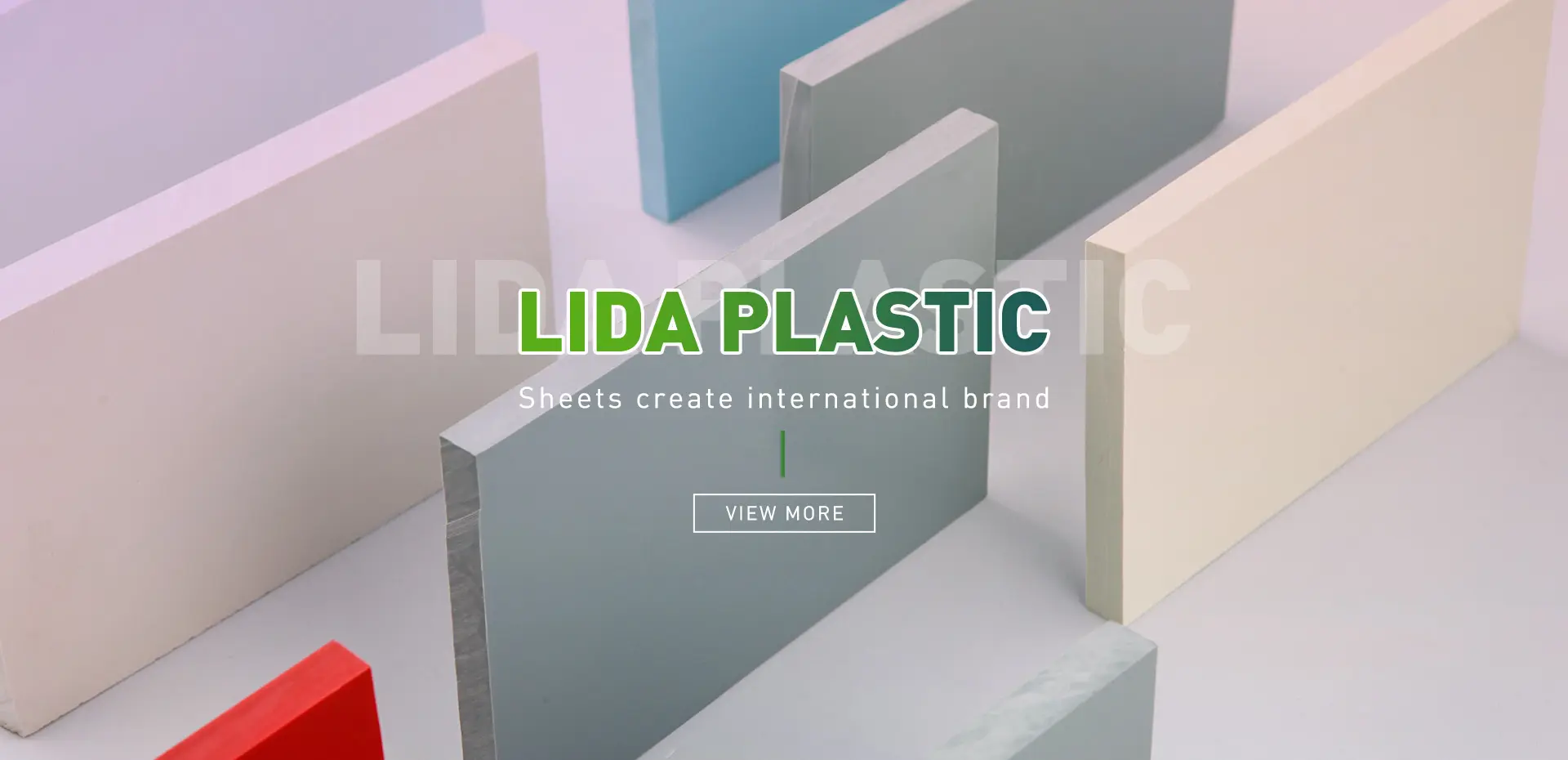Дек . 26, 2024 14:18 Back to list
hdpe sheet
Understanding HDPE Sheets Versatility and Applications
High-Density Polyethylene (HDPE) has emerged as one of the most widely used plastic materials in various industries, thanks to its impressive properties and versatility. Among the various forms HDPE can take, HDPE sheets stand out due to their remarkable durability, chemical resistance, and ease of fabrication. In this article, we will explore the characteristics of HDPE sheets, their applications, advantages, and considerations when choosing them for particular projects.
What is HDPE?
High-Density Polyethylene is a thermoplastic polymer made from petroleum. It is known for its high strength-to-density ratio, which makes it suitable for a wide range of applications. HDPE has a linear structure that provides excellent tensile strength, allowing it to withstand stress while maintaining its shape. The production process of HDPE involves polymerization, where ethylene molecules are combined to form long chains, resulting in a dense and robust material.
Characteristics of HDPE Sheets
HDPE sheets are created by forming HDPE resin into flat sheets of varying thicknesses and sizes. Some of the defining characteristics of HDPE sheets include
1. Durability HDPE sheets are highly resistant to impact, making them ideal for applications that require robustness. 2. Chemical Resistance They can withstand a wide variety of chemicals, including acids, bases, and solvents, making them suitable for use in laboratories and industrial environments.
3. Lightweight Despite their strength, HDPE sheets are lightweight, which facilitates easier handling and installation.
4. Weather Resistance HDPE does not degrade significantly when exposed to sunlight, moisture, or temperature fluctuations, making it suitable for outdoor applications.
5. Non-Toxic As a safe material, HDPE is often used in food packaging and storage, ensuring compliance with health regulations.
6. Ease of Fabrication HDPE sheets can be easily cut, welded, drilled, and shaped, offering flexibility for various manufacturing processes.
Applications of HDPE Sheets
The versatility of HDPE sheets allows them to be used across multiple industries, including
1. Construction HDPE sheets serve as protective barriers and liners in construction projects. They are often used in landfill liners, pond liners, and as vapor barriers due to their waterproofing properties.
hdpe sheet

3. Medical Field With their chemical resistance and ease of sterilization, HDPE sheets are often employed in medical equipment and packaging, ensuring safety and hygiene.
4. Marine Applications Due to their resistance to moisture and saltwater, HDPE sheets are popular for constructing boat parts, docks, and other marine structures.
5. Signage HDPE sheets are also used for creating outdoor signs and displays due to their weather resistance and ability to hold vibrant colors.
Advantages of HDPE Sheets
The use of HDPE sheets comes with a host of advantages
- Cost-Effectiveness HDPE sheets are relatively inexpensive compared to other materials, making them a cost-effective choice for numerous applications. - Recyclability HDPE is recyclable, making it an environmentally friendly option. Products made from HDPE can be repurposed, contributing to waste reduction.
- Longevity The durability and resistance to environmental factors ensure that HDPE sheets last longer, reducing the need for frequent replacements.
Considerations When Choosing HDPE Sheets
While HDPE sheets offer many benefits, it's essential to consider the following when selecting them for your project
1. Thickness and Size Depending on the application, selecting the appropriate thickness and dimensions is crucial for ensuring optimal performance.
2. Color and Finish HDPE sheets come in various colors and finishes, which may be important for aesthetic purposes or specific functional needs, such as UV resistance.
3. Fabrication Needs Assess what kind of machining or fabrication you may need for your project. Some applications may require specific working conditions or tools.
4. Regulatory Compliance Especially in industries like food and medical, ensure that the sheets comply with relevant safety and health regulations.
Conclusion
HDPE sheets are a remarkable material that combines versatility, durability, and safety, making them suitable for a myriad of applications. From construction to food processing and medical fields, the adaptability of HDPE sheets continues to drive innovation across industries. As environmental concerns grow, their recyclability adds an additional layer of appeal. With thoughtful consideration in selection and use, HDPE sheets can significantly contribute to efficient and sustainable solutions in various sectors.
-
PP U-channel: Chemical-Resistant, Lightweight & Durable
NewsAug.10,2025
-
Transparent PVC Pipe: Clear Flexible Tubing for Fluids
NewsAug.09,2025
-
Durable PP Rigid Sheet: Versatile & High-Quality Plastic Panels
NewsAug.08,2025
-
Premium Glossy PP Rigid Sheet – Durable & Versatile
NewsAug.07,2025
-
High-Quality HDPE Sheet | Durable Plastic Panels
NewsAug.06,2025
-
High-Precision PVC Rigid Sheets for Vacuum Forming | AI-Optimized
NewsAug.05,2025

